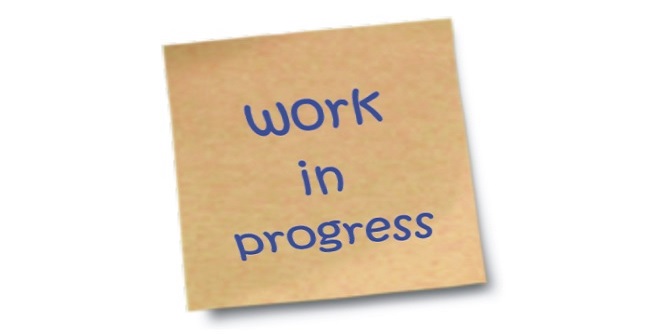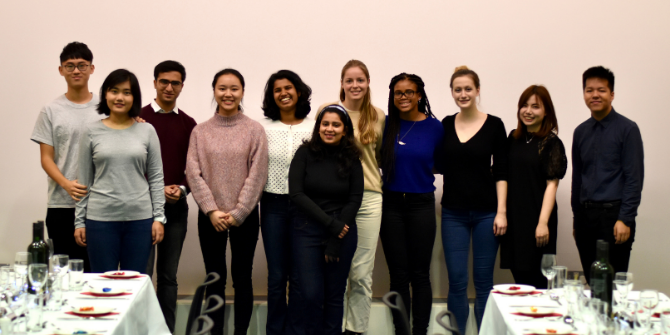For some of you, the summer sees the chance to add to your experience through an internship. These are great opportunities to develop your skills, find out about organisations and the world of work, and further clarify what you would like to do once you complete your studies. Of course, they also add to your bank of experience from which to draw when speaking to future employers.
Here Mike Higgins, one of the careers consultant team, shares his insights into how to maximise your learning from an internship. This will help you out when it comes to updating your CV, preparing for future interviews and also thinking about what you want to do moving forward.
Summer internships are often quite intense whilst you are in the middle of them. It can be difficult once they are over to capture and reflect on what you got out of it.
One method for doing this is to keep a reflective journal as you go. These don’t have to be time-consuming, or a formal “Dear Diary” affair, but they can help to button down the things that are slightly harder to articulate, such as how you respond to a particular organisational culture.
A useful structure can be:-
- What?
- So what?
- Now what?
I’ll take each in turn.
What?
This is a “stream of consciousness” recording of what has happened in the period since your last entry. I’d encourage you to record not only the activity, but the thoughts and feelings that go with them as well. Were you delighted that you got called upon at 5pm to do an extra bit of work or a bit annoyed? Do you warm to your supervisor, or is there something about them that you aren’t sure about and can’t quite put your finger on?
As far as possible, remove any self-censorship from this part. You don’t need to share it with anyone if you don’t want to – you can even password protect your document if you are worried! The analysis comes after.
So what?
You can do this part immediately, or some people find that coming back to it after a break allows things to settle a little. Here you put your analytical hat on and try to pull out the themes of your experience.
To some people this part is really easy, but if you are stuck, here are some questions to prompt you:-
- What activities have you enjoyed? What was it about them that you enjoyed? Was this a new or familiar experience for you?
- Who have you met that you’ve admired? What was it about them?
- What new skills have you learnt? What existing skills have you been able to demonstrate?
- What are the predominant feelings that have bubbled to the surface during your experience?
- Could you see yourself working here? Or somewhere similar? What makes you say that?
Now what?
Given all that you’ve written above, is there anything that you want to do as a result? This doesn’t have to be a large, oppressive “to do” list, just a handful of actions that make the most of your internship. I’d encourage you to think broadly, so:-
- Following your analysis, is there anything that you want to pay a bit more attention to in the remaining time? What can you notice?
- Are there any contacts you want to make (LinkedIn?) or informal “pick your brains” coffee meetings you want with people whilst you are there?
- What scope is there to adjust the activities you do to maximise the benefit you get from the experience?
Practicalities
- Find a format that works, whether it is a Word document, private blog or go old school and get a physical journal! Some people find that writing by hand slows them down and encourages reflection.
- Have a go prior to starting your internship so that you get into the habit and don’t have to learn a new skill on top of everything else.
- Decide on a frequency and stick to it – daily, every other day, weekly, fortnightly.
- At the end of the internship, go back and read over everything that you’ve written and summarise it for yourself, using the same format.
Be curious not only about the experience but about your own reaction to it, enjoy it and make the most of it!






1 Comments